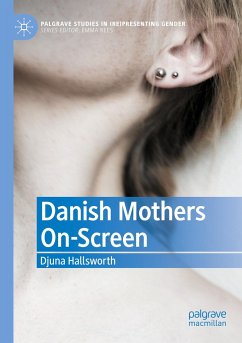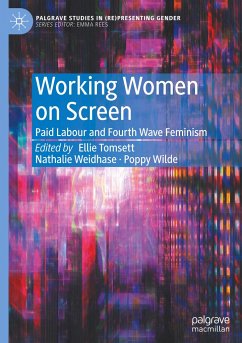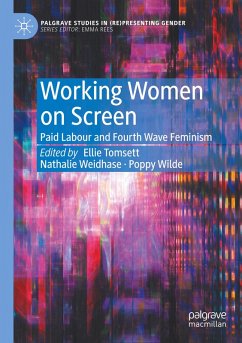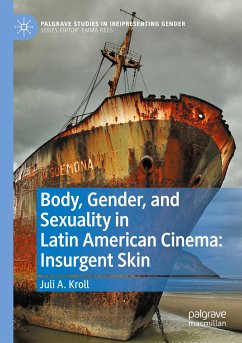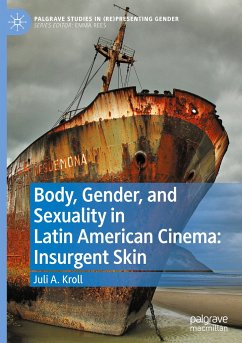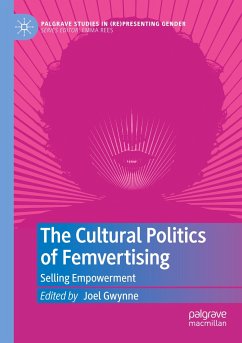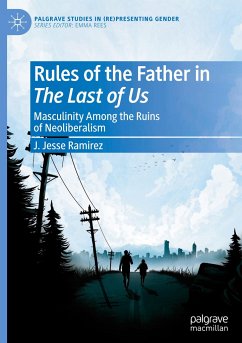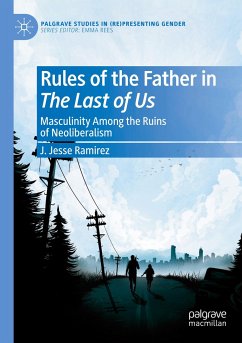
Danish Mothers On-Screen
Versandkostenfrei!
Versandfertig in 6-10 Tagen
83,99 €
inkl. MwSt.
Weitere Ausgaben:

PAYBACK Punkte
42 °P sammeln!
This book combines content analysis of film and television cases, the examination of policy documents, and first-hand interview material with Danish industry professionals, tracing the pivotal moments in media and welfare state history to unite these two overlapping spheres: welfare state social policy and media imagery. In doing so, it addresses a gap in existing academic and policy documents to demonstrate how motherhood and femininity are presented in contemporary state-supported Danish screen fiction.As an industry premised on state funding and public service values, Danish screen fiction ...
This book combines content analysis of film and television cases, the examination of policy documents, and first-hand interview material with Danish industry professionals, tracing the pivotal moments in media and welfare state history to unite these two overlapping spheres: welfare state social policy and media imagery. In doing so, it addresses a gap in existing academic and policy documents to demonstrate how motherhood and femininity are presented in contemporary state-supported Danish screen fiction.
As an industry premised on state funding and public service values, Danish screen fiction plays a cogent role in shaping and communicating cultural norms and provides a space for the cultivation of belonging and a sense of a shared identity. For this reason, it is vital to identify and examine representational trends and patterns in popular media formats. This book argues that the political narrative of gender equality, democracy and universal social support that permeatesDanish state policy is undermined in screen fiction, wherein working mother characters are problematised and the welfare system's integrity is challenged. This book asserts that the framing of femininity, motherhood and citizenship in many contemporary Danish films and television dramas indicates a cultural concern about the welfare state's institutionalisation of caregiving and presents absent mothers as an indirect cause of crime, trauma or social unrest.
As an industry premised on state funding and public service values, Danish screen fiction plays a cogent role in shaping and communicating cultural norms and provides a space for the cultivation of belonging and a sense of a shared identity. For this reason, it is vital to identify and examine representational trends and patterns in popular media formats. This book argues that the political narrative of gender equality, democracy and universal social support that permeatesDanish state policy is undermined in screen fiction, wherein working mother characters are problematised and the welfare system's integrity is challenged. This book asserts that the framing of femininity, motherhood and citizenship in many contemporary Danish films and television dramas indicates a cultural concern about the welfare state's institutionalisation of caregiving and presents absent mothers as an indirect cause of crime, trauma or social unrest.



